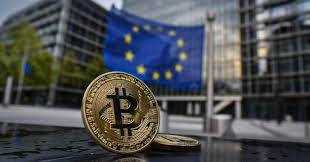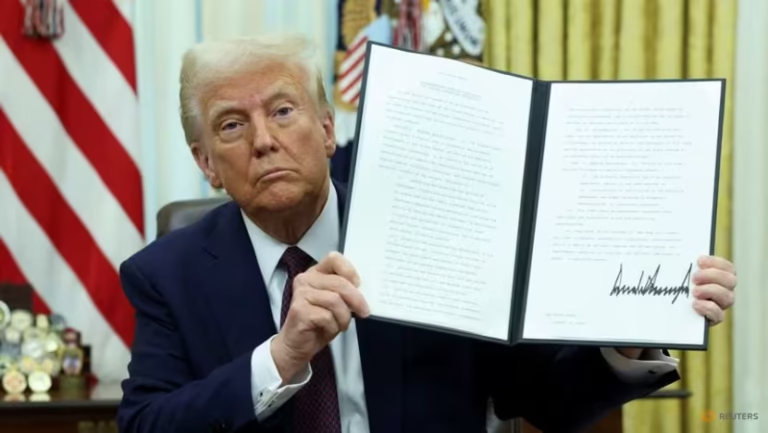What’s going on with Europe’s silence on Bitcoin reserves while the US takes big steps with crypto?
In March 2025, former US President Donald Trump made a bold move—he issued an executive order to create a “Strategic Bitcoin Reserve.” This reserve would be built using Bitcoin that the government had seized from criminals, instead of buying new Bitcoin on the open market. This was seen as a game-changer, as it might push Bitcoin even further into the global financial system.
But here’s the catch: European lawmakers have remained silent about this groundbreaking shift. They haven’t reacted to Trump’s Bitcoin reserve idea at all, leaving us to wonder: What’s Europe thinking about Bitcoin and cryptocurrency in general?
Why Should You Care About This?
This is huge because it shows two different attitudes toward crypto in the US and Europe. The US seems to be warming up to Bitcoin, while Europe is still hesitant and focusing on something else: the digital euro. This clash between traditional assets like Bitcoin and the future of digital currencies is going to shape the next generation of financial systems—and you need to understand why this is important.
The Key Players:
- US Bitcoin Reserve: President Trump’s order to use seized crypto to create a national reserve. This makes Bitcoin seem like a legitimate asset for future national reserves.
- European Central Bank (ECB): The institution pushing for a digital euro, a central bank-issued cryptocurrency that will coexist with traditional cash. The ECB has been outspoken in its opposition to Bitcoin as a reserve asset.
Key Terms to Remember:
- Bitcoin reserve: A national stash of Bitcoin, like gold reserves but in cryptocurrency form.
- Digital euro: A central bank digital currency (CBDC) being developed by the ECB.
- Central Bank Digital Currency (CBDC): A government-backed digital version of a country’s currency, which could replace physical money.
- Pseudonymous: A form of privacy where your identity is protected, but transactions are still traceable.
Why Is Europe Silent?
While Trump’s Bitcoin reserve plan grabbed attention, European lawmakers have said little about it. According to experts like Anastasija Plotnikova, it’s because adding assets like Bitcoin to national reserves is a slow process. The ECB has historically been skeptical of Bitcoin. It’s also important to understand that central banks like the ECB don’t make quick changes to reserve assets; it requires a lot of bureaucracy and legal processes, which could explain the lack of European action.
At the same time, European lawmakers are more focused on developing the digital euro, which is their own version of a government-backed cryptocurrency. The ECB is planning to launch it in October 2025. This push for the digital euro comes with promises of privacy protection and will coexist alongside physical cash.
Why Is This Important?
This is crucial because it highlights the growing divide between centralized digital currencies (like the digital euro) and decentralized cryptocurrencies (like Bitcoin). Europe is pushing for a centralized system where the government controls the digital currency. Meanwhile, the US is taking a different approach by embracing decentralized assets like Bitcoin.
There are concerns about government surveillance with CBDCs. For example, Brazil’s central bank was criticized for embedding mechanisms in its CBDC that could allow the government to freeze or reduce people’s funds.
This tension shows the different visions for the future of money: will we have government-controlled digital currencies, or will decentralized assets like Bitcoin continue to grow?
What Does This Mean for You?
The world of digital money is rapidly evolving, and understanding these developments is key for anyone interested in cryptocurrency. Whether you’re trading Bitcoin or simply following the financial world, these shifts will directly affect how you manage and think about money. Europe’s stance on Bitcoin, compared to the US’s more open approach, will shape global markets and could affect Bitcoin’s value and adoption in the future.
Also, as the digital euro rolls out, it may redefine how people use money in Europe, with impacts on privacy and freedom in financial transactions.
By understanding these debates—Bitcoin vs. CBDCs, the digital euro vs. Bitcoin reserve—you’ll be better equipped to navigate the future of finance and make informed decisions about your investments and digital assets.
Stay tuned, because the future of money is being written right now, and your knowledge will be your power!



